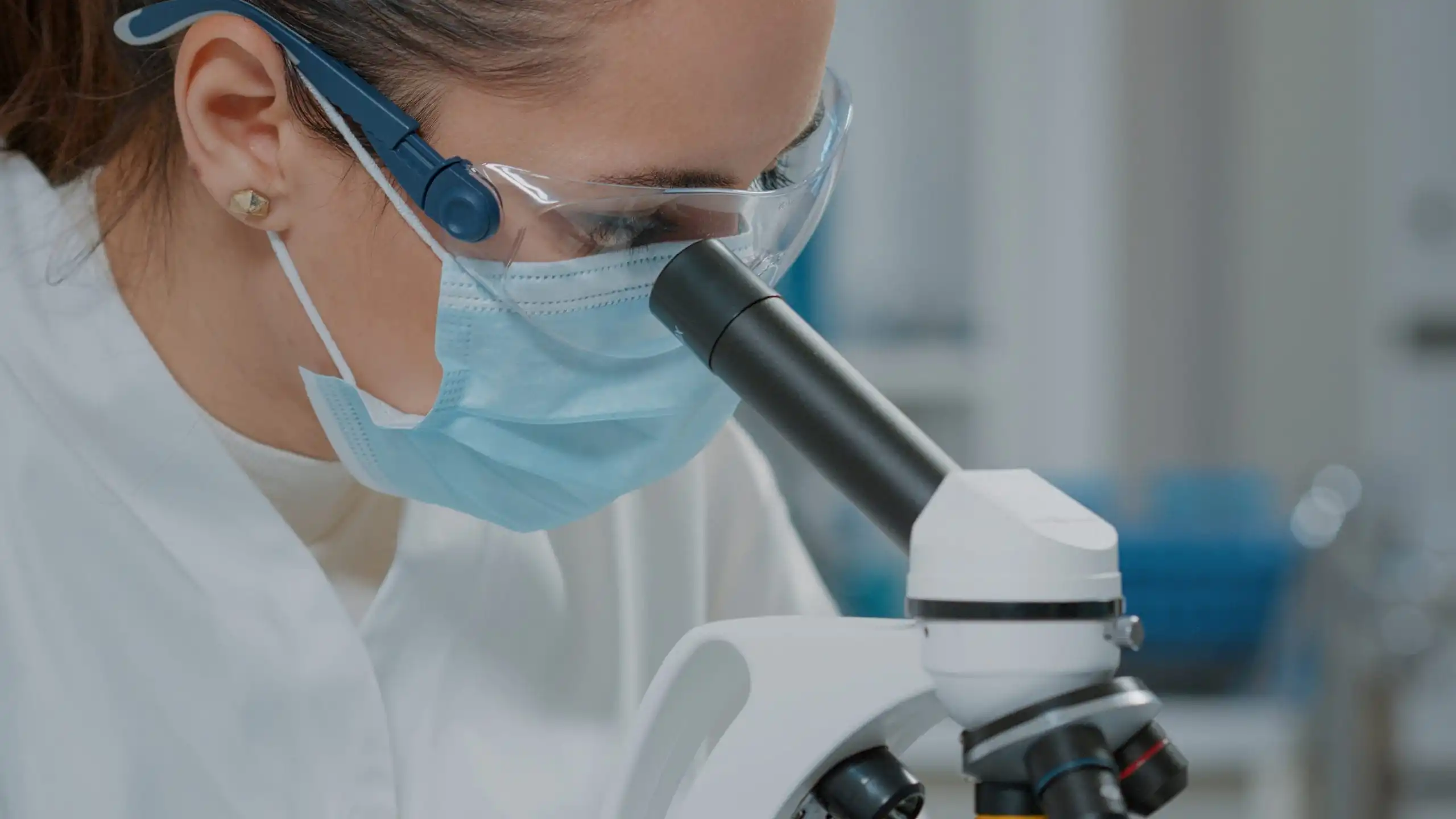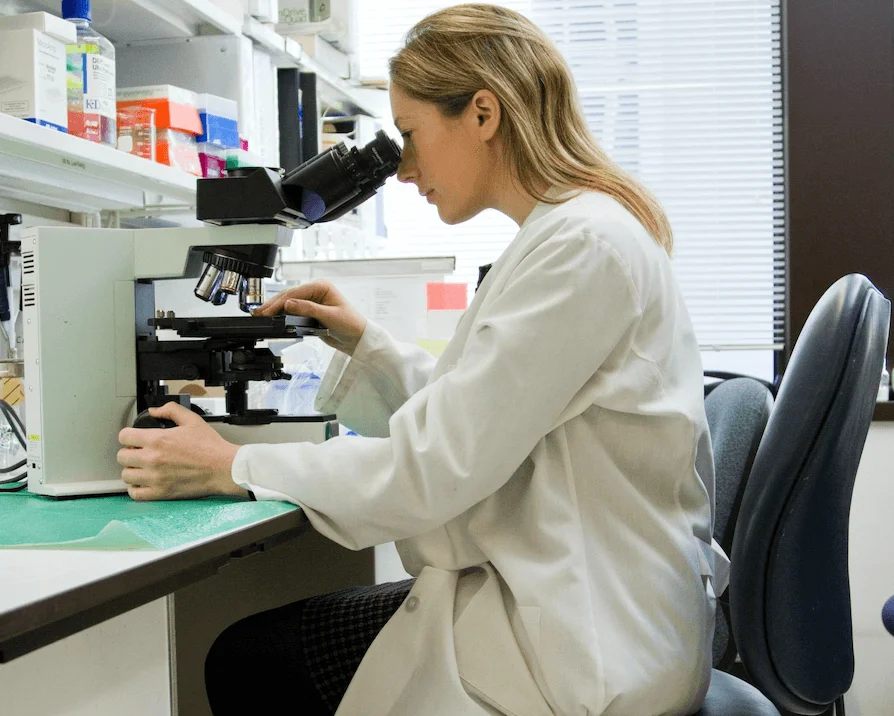

Commercial Businesses

Research Companies


Gallstone disease, also known as cholelithiasis, is a medical condition characterized by the formation of “stones” or solid particles in the gallbladder or bile ducts. This article provides an overview of gallstone disease and treatment options, including chenodeoxycholic acid and other therapies.
MedicaPharma is a trusted partner for a range of businesses across multiple sectors in the healthcare industry.




The gallbladder is a small organ shaped like a pair found in the upper right side of the abdomen beneath the liver. The main role of the gallbladder is to store and concentrate bile, a digestive fluid that helps the body absorb and digest fats and fat-soluble vitamins in the small intestine.
Gallstones are small deposits or “stones” that develop in the gallbladder for various reasons, including:
The severity and combination of symptoms varies widely among individuals, and gallstones may remain asymptomatic for an extended period of time. Complications of the disease may require prompt treatment.

Chenodeoxycholic acid works by dissolving the cholesterol responsible for gallstone formation. It also limits cholesterol production in the liver and its absorption in the intestines, thereby reducing gallstone development. Additionally, it can lower the levels of other bile acids that may be detrimental to liver cells when they are elevated. The use of chenodeoxycholic acid use is limited by adverse effects, including diarrhea and increased levels of serum aminotransferase or cholesterol.
Treatment for gallstones varies depending on the type of gallstone, the presence and severity of symptoms, and the patient’s overall health.
Treatment options for gallstones may include:
The choice of gallstone therapy is highly individual. Symptoms vary considerably between patients, and the right option depends on factors that include the severity of the condition and the patient’s health.
GMP-certified products are produced and controlled according to standards set by regulatory authorities and relevant industry organizations.
Quality Assurance | Safety and Efficacy |
GMP is a mark of quality. Compliance with GMP standards ensures products are manufactured to high standards, including consistency, equipment, employee training, testing, and facility design. | GMP-certified products undergo robust quality control and testing procedures to ensure they are consistent, safe, and effective. This is absolutely critical for substances intended for human consumption. |
Regulatory Compliance | Supply Chain Reliability |
GMP is recognized worldwide as the leading standard for producing and distributing APIs. Many regulatory authorities, including the European Medicines Agency (EMA), and the US Food and Drug Administration (FDA) require GMP compliance for product approval and marketing. | GMP covers the entire supply chain to make sure your products are top quality from start to finish, including raw material sourcing, storage, and transportation. Choosing GMP-certified APIs ensures supply chain integrity and reduced risk of poor-quality, counterfeit, or contaminated products. |
MedicaPharma is a trusted and fully licenced API distributor based in Europe that leverages a global network of GMP manufacturers to supply high-quality API’s and pharmaceutical intermediates to healthcare organizations all over the world.
Different countries and jurisdictions may have varying regulatory requirements, with poor enforcement of relevant rules and regulations. There may be accountability and transparency issues associated with manufacturing and distribution, which increases your risk of receiving non compliant products.
All MedicaPharma APIs are being checked within a closed GDP logistics circuit; in – and outgoing checks secure the quality and supply of the right material.
Leverage Our Network of 400+ GMP Manufacturers | Access High-Quality Chemicals Produced to GMP Standards | Experience Superior Sales and Support Services |
MedicaPharma partners with over 400 leading global producers to supply hospitals, pharmacies, research facilities, and educational institutions. | All our products are produced in regulated, GMP-compliant facilities and shipped with original documentation. No repacking or relabeling. | MedicaPharma is committed to providing trust, accountability, and transparency. We guarantee our products and support you from start to finish with first-in-class customer service. |
Obtaining your desired quotation from MedicaPharma is easy; simply complete the form below to begin processing your quote request.
"*" indicates required fields
Gallstone disease, or cholelithiasis, is a condition where solid particles or “stones” form in the gallbladder or bile ducts. Gallstones can be composed of cholesterol, bilirubin, or other materials.
Gallstones can form due to various factors, including cholesterol imbalance, gallbladder motility issues, genetic factors, elevated bilirubin levels, diet, and specific medical conditions.
Symptoms of gallstone disease include abdominal pain, nausea, vomiting, jaundice, fever, dark urine, indigestion, bloating, and pale stools. Some people do not experience symptoms until extended progression of the disease.
CDCA is a medication used to dissolve cholesterol gallstones. It works by modifying bile composition, reducing cholesterol production in the liver, and inhibiting its absorption in the intestines. CDCA also helps lower harmful bile acid levels in the liver.
The choice of treatment is highly individual and depends on factors like symptom severity, gallstone type, and the patient’s overall health. Healthcare professionals evaluate these factors to determine the most suitable treatment approach.
Supplier of Special Active Pharmaceutical Ingredients (GMP)
World Wide Shipping – Get a Quick Quote Now – Small quantities in GMP available
MedicaPharma – WORLDWIDE NICHE API SPECIALIST
All materials supplied according to:


Obtaining your desired quotation from MedicaPharma is easy; simply complete the form below to begin processing your quote request.
"*" indicates required fields
Obtaining your desired quotation from MedicaPharma is easy; simply complete the form below to begin processing your quote request.
Please note: MedicaPharma cannot and will not supply customers in the United States due to regulatory restrictions.
"*" indicates required fields